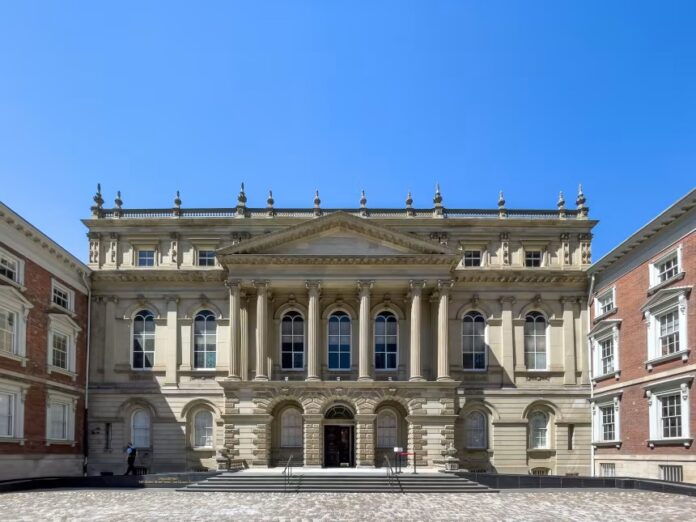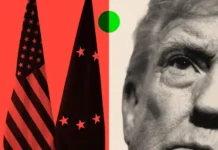
A Canadian man has lost his 16-year legal battle to reclaim more than 1.2 million Canadian dollars hidden in unusual spots around his rural Ontario property, after an appeals court ruled the vast majority of the money should be forfeited to the government.
The case dates back to December 1, 2009, when police searched the Thunder Bay–area home of Marcel Breton while investigating an alleged illegal handgun.
According to court documents, officers instead uncovered a startling trove of cash: C$15,000 in bills stuffed into heating vents, around C$32,000 hidden throughout the garage, and more than C$1.2 million packed into a rubber tub buried beneath the garage floor.
Police also seized cocaine, marijuana and ecstasy, prompting one officer to describe the discovery as “flabbergasting” at the time.
Breton was charged with drug-related offences and possession of the proceeds of crime. Although he was initially convicted, a retrial overturned the convictions after a judge ruled the search unlawful, resulting in his acquittal. But the question of ownership of the seized money remained unresolved.
On Monday, Ontario’s Court of Appeal upheld a 2023 decision awarding most of the money to the government. The trial judge, Justice Bruce Fitzpatrick, had ruled that Breton failed to prove the cash came from a legitimate source, noting it was “unusual for an average person to have such a large amount of money buried in tubs underneath their property.”
Fitzpatrick also pointed out that the bundles consisted largely of C$20 bills, a denomination commonly associated with the drug trade, and that Breton reported no income to the Canada Revenue Agency from 2001 to 2008.
Breton’s explanations, that the money came from lottery winnings, casino earnings, or profits from a vehicle repair business, were rejected by the court.
Legal experts say the case highlights the tension between civil forfeiture laws and the rights of acquitted individuals. Sanaa Ahmed, a law professor at the University of Calgary, said the ruling reflects “legalistic hair-splitting,” adding that courts may use forfeiture as a way to “punish” individuals even after acquittal.
She warned that societies risk “growing increasingly comfortable with breaking some rules to catch the so-called ‘bad guys.’”
Michelle Gallant, a law professor at the University of Manitoba, argued that the burden rests on Breton to prove the money’s lawful origins, questioning why legitimately earned funds would be buried in a barrel. “Each day, at the very least, you would even bank interest,” she noted.
Breton did salvage a small victory: the appeals court agreed that C$15,000 found in the home’s vents should be returned to him, as the judge could not conclusively determine it was tied to illegal activity. Adjusted for inflation, that amount is worth just over US$10,600 today.
The remainder of the buried fortune, however, will remain in government hands.
Source: CNN
Written By Rodney Mbua


















